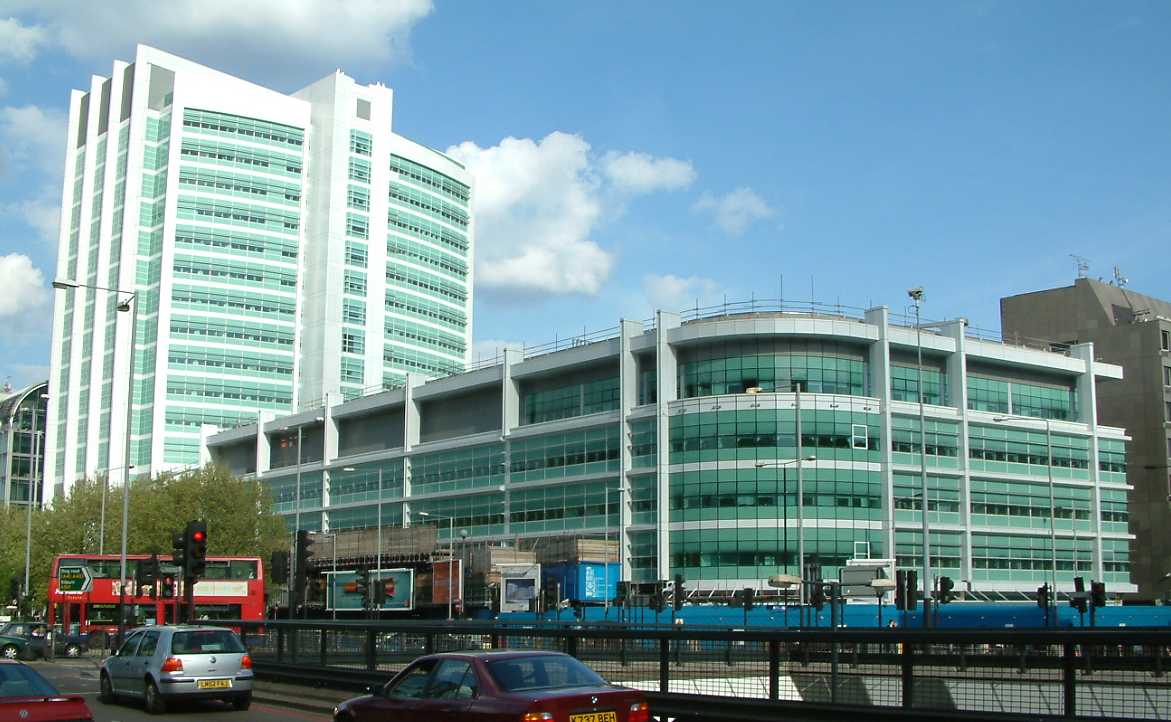
Break out of the university bubble – build youth power at the ballot box
The fifth-most shared story last week was about the surge in students registered to vote. According to a survey by the Higher Education Policy Institute and YouthSight, some 93% of you full-time undergrads are registered. It marks a record high for engagement – even greater than the 87% turnout amongst students in the Referendum last year. So: great work guys, it’s fantastic to see you understand your power at the ballot box and that you’re planning to use it. But there’s more to be done, starting with our friends back home.
Here’s the clincher. If we take a ballpark guess at the number of students in the UK, synthesising from available data and a bit of common sense, we can work out that there’s maybe 1.5 million students aged 18-25. By one estimation from the ONS, there’s 6,557,000 people aged 18-25 in the UK. Which makes – let’s round down and keep it simple – 5 million non-student, potential voters. We’ve seen a lot of headlines about students voting. But how about this much bigger cohort of young people?
Taking the Referendum as our guide, we know that 64% of 18-24s turned out to vote. As we said, 87% of students turned out to vote in it. But as for-non students? With a bit of number crunching and rusty, GCSE-level maths, we can estimate that the turnout in the Referendum last year amongst non-students was just 57%. And since we know that voting is a habit, we can assume that ex-students are more likely to turn out to vote than those who never went to university.
Young, non-student voting turnout was as little as 57% in the EU Referendum.
So: eliminating graduates suggests that the percentage of young people who voted last year, that never went to university, was closer to just 50%.
That’s a difference of thirty or forty points – or 2.5 million lost young voters! On the one hand, a student population, with a culture of almost complete engagement (especially after the one-two punch of Brexit and Trump in 2016); and on the other, in the exact same age range, a non-university population of whom only a slim majority try to take part.
This extreme difference in engagement is bizarre, considering that as an age cohort, we all face the same problems. None of us, graduates or not, will we be entitled to the full rate of minimum wage until we’re 25. The deep economic uncertainty following Brexit will hit all of our prospects of early pay progression. There’s plenty of evidence of a growing mental health crisis in our generation, certainly at the younger end. Sure, there’s some differences and tradeoffs between grads and non-grads – the average English graduate will be bearing £44,000 of debt on graduation, although in theory it lines them up for better-paying jobs – but the reality is that graduate or not, you’ll be spending another £44,000 on rent before you move into home ownership. And let’s not get started on car insurance.
I could rattle off statistics. But there’s a more effective way of educating yourself, and of solving that massive voting gap. I’d be surprised if you don’t have a single friend from secondary school who didn’t go to university. And looking at the statistics above, well, you should have plenty. So next time you’re going home – or even over Skype or Facebook – find that friend, and ask them two questions. First:
“Do you think young people have it easy these days?”
To which the answer is always no. Then ask:
“Why?”
And out will come all the stories and facts that will convince you far more deeply than any number of column inches can. What, personally, does your friend think they’re struggling with? Rent? Saving for a deposit? Affording a car? Getting a better job? The cost and availability of mental health treatment? A crap landlord? Starting a family? Starting a business? The fact they’re still stuck at home, living with their parents? Be convinced; connect with them over issues which are common across our generation. And then encourage a common response: voting.
Suppressed anger over our future exists within us. It’s time to take advantage of it.
There’s a lot of cynicism about why young people don’t vote. I can’t point at a think tank study on it but I can give you some anecdotal evidence on the answer. In my experience the main reason young people don’t vote isn’t apathy – it’s humility. “I don’t know enough – therefore I won’t vote.” What an admirable position! It’s just a shame that our generation – facing real issues of extortionate housing and rock-bottom wages – holds it, rather than the older generations voting on imaginary issues of rapacious immigrants and sinister European elites. Let’s engage with that value of our friends, the wish to not make an uninformed choice, and first spread the common awareness of the common issues, like the common, crap future that 2016 consigned us to, and together educate ourselves on the solutions. We’ve a responsibility to take the fruits of our very pricey education and apply it not just to our own careers, but to the betterment of society as a whole – starting with our friends who didn’t pick the same path as us.
Voter registration is just the start of the struggle to solve our generation’s problems. It’s the first step in building real power to force our issues onto the agenda, and drive our proposed solutions into law and contracts. Building power requires organisation, and organisation requires a shared awareness of and outrage over common issues. We’ve certainly got the common issues. Let’s talk about them, build that shared understanding, organise groups based on your social connections – not just in university, but crucially, in the broadly disengaged mass of our former fellow pupils and our friends, in the Wetherspoons kitchens behind the Tesco tills, at the gigs and the festivals and further.
That’s the brand-new project that a number of us across the country are already embarking on. It’s called Re:Generation, and we want you to get involved. We’ve even got a suggestion for how you can get involved to build that power.
Re:Generation wants you to get your non-student friends to register to vote. Even if they don’t plan on voting – get them to register. Because if there are a thousand young people – a thousand potential votes – that a candidate could win over, what do you think they’ll do? Of course, they’ll start investigating that demographic, and making offers to win their support. Is there a more pure definition of power than that: taking an action that forces someone else to respond in your interest? That’s the kind of power Re:Generation thinks we need to build at this point in the struggle for our generation’s moral and financial interests.
Yes, voting is just the start. But we’ve got to do everything in our power to get a fair deal for our generation – and if one in two of our non-uni friends are planning on sitting aside at this crucial opportunity to express our indignation at hard Brexit, at exclusionary politics, and at the attacks on our finances and futures, it’s our responsibility to break out of the university bubble and get them on their feet. It’s simple. Ask them if they think young people have it easy these days. Listen to why they personally are finding it tough. And then tell them to register to vote. There’s 2.5 million potential voters to be reached. If everyone reading this could get just five on board – that’s tens of thousands taken out of that number already. And that means politicians will start thinking about us – and doing things for us. That’s youth power.































Discussions